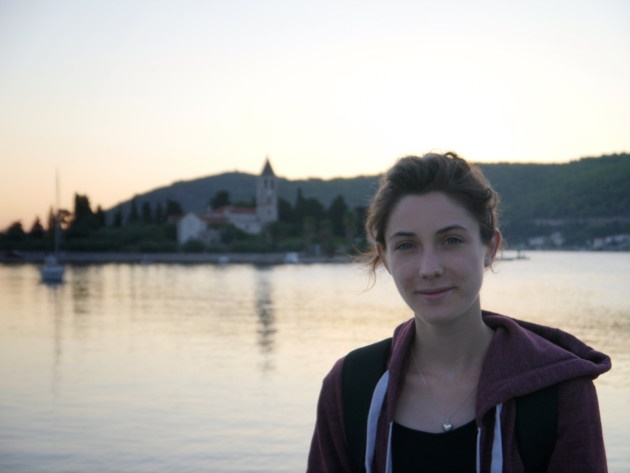08.02.17
Communication in the NHS: Who has control?
On behalf of the Patients Association, Nic Hart has recently penned an open letter to the Parliamentary Health Service Ombudsman in an attempt to keep pressing for answers around the 2012 death of his teenage daughter, Averil, whilst in the care of Cambridge and Peterborough NHS FT. Here, he writes about the importance of communication and co-ordination across a whole NHS care pathway in order to avoid similar tragedies.
Averil wanted to stay with her big sister at Nottingham University for a few days and so, on a sunny day in October, we flew from our home airstrip in Suffolk to Nottingham.
As usual she wanted to be in charge of the music, handing out the sweets and also wanted to fly the plane.
Averil had been flying with me locally before, but this was the first time that she had a chance to take the controls for a long flight, so I gave her the customary induction when flying with someone new: “I’ll give you control and you confirm and tell me you ‘you have control’”.
Averil looked at me as if to say “whatever dad”, and with a wry smile told me that, as usual, she was “in control”.
.jpg) Averil flew perfectly and smoothly. She flew around the clouds and over the fens covered in a thin layer of mist, around the military bases north of Peterborough along rivers and across the many quarries and fields, and finally over the ridge north of Cottesmore that signified we were a few miles from the airport. She then handed back control to me and, smiling, reminded me to say that I “have control” and we landed softly at Nottingham airfield.
Averil flew perfectly and smoothly. She flew around the clouds and over the fens covered in a thin layer of mist, around the military bases north of Peterborough along rivers and across the many quarries and fields, and finally over the ridge north of Cottesmore that signified we were a few miles from the airport. She then handed back control to me and, smiling, reminded me to say that I “have control” and we landed softly at Nottingham airfield.
Tragically, Averil is only in spirit with me now when I go flying.
Averil died from Anorexia Nervosa just 10 weeks after starting University, and she died without the care that she so badly needed.
The care she received was split between primary and secondary care: the secondary care to provide the expertise and overall co-ordination, and the primary care to monitor her basic health parameters. Tragically the primary care team failed to monitor Averil's physical condition regularly, and the secondary team care co-ordinator had no experience of Anorexia.
Amazingly, there was no communication between the two NHS organisations during the 10 weeks that it took for Averil to literally starve to death. The care co-ordinator went on holiday without cover, and the last GP to see Averil told her to come back in four weeks – by which time Averil had died.
Expert opinion seems split as to who was responsible for communicating with whom and about what.
However, it is clear to me that the “crash” that killed Averil occurred because of the lack of communication between the teams involved and within each team. Despite Averil being a high-risk patient, no one was clear on Averil’s physical health, and it appears that each of the organisations was relying on the other for vital checks that simply weren’t carried out.
Two further failures in communication occurred.
Once when we called for help after seeing Averil, who could barely walk, and were told that the secondary team would take action but didn’t act in time; and secondly when a further failure of communications happened when Averil arrived at the acute ward after being found unconscious in her flat.
Tragically there was a mix-up between a junior doctor and the consultant, which resulted in Averil’s blood sugars falling to critical levels such that she suffered a heart attack and later died.
When I am asked why Averil died, I reflect on her illness and her care.
Averil had a treatable condition and the care was available – so to me, it was a total failure of communication that resulted in Averil's tragic death.
Multi-crew co-operation and communication is key to flying safely, as well as getting the sweets and music you want, when you are flying with your daughter.
It is also the key to keeping a vulnerable young patient safe.

More information about Averil’s case, and the care failings that are believed to have led to her death, can be found on www.averilhart.com.